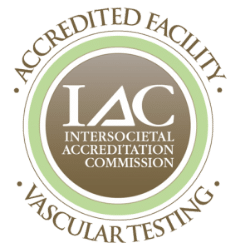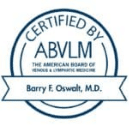Fort Worth Vein Center has been providing exceptional health care for vein conditions that compromise the quality of life. Please click on one of the links to get a better understanding of your condition and how Fort Worth Vein Center can help.
Schedule a Consultation
Give Fort Worth Vein Center a call to discuss vein condition options and what treatment plans will get you on the road to recovery. You can reach us at 817-536-9600 or complete a contact form and we will get back to you.









